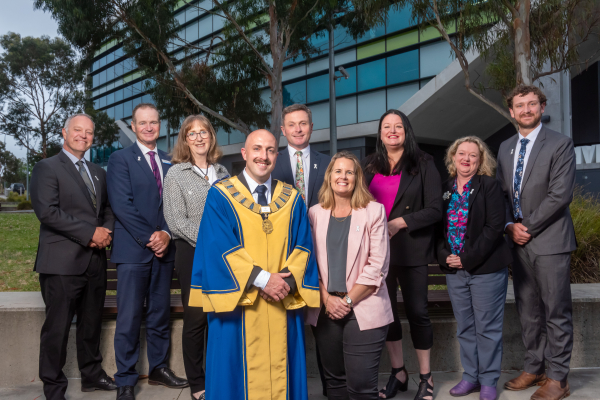An independent review has backed the NSW Government’s implementation of 3 new rules which protected an estimated 46 gigalitres of critical flows into the Barwon-Darling River earlier this year.
The ‘resumption of flows’ – a rule preventing licence holders from pumping the first flows of water after a prolonged dry period – was first implemented in January 2021 for a few weeks, to ensure these critical first flows were available to replenish our river systems and the environment.
Minister for Water, Property and Housing, Melinda Pavey said the other 2 rules – active management and individual daily extraction components (IDECs) – were also implemented to make sure pumping could resume, within limits, once enough water was flowing through the system.
“This positive outcome of the independent review builds on our confidence that the NSW Government is continuing to deliver the most sustainable and significant water management reforms in a generation,” Mrs Pavey said.
“The review provides reassurance to our agriculture industry that the Government is transparent and welcomes independent analysis and advice. I’m pleased to see the review found that the implementation of all 3 rules to protect the environment, the Barwon-Darling system and our farmers, proved successful.
“This was the first time all 3 new rules were implemented together, and it was a carefully considered and complex undertaking.
“I congratulate the Department of Planning, Industry and Environment on the way it effectively carried out all 3 new rules, which has now passed independent evaluation.
“It’s worth noting the review provided some helpful insights into how to implement these rules in the future, which the Department has welcomed and is currently working through.”
The ‘resumption of flows’ rule was incorporated into the Barwon-Darling unregulated water sharing plan in July 2020. It means those with water licenses in classes A, B and C class are not allowed to pump the first flows of water after a prolonged dry period until advised.
“The first flow of water after an extended dry period can have very significant social, cultural and environmental benefits, including maintaining and connecting vital refuge pools for fish, improving water quality, as well as replenishing town water supplies,” Mrs Pavey said.
“After we triggered the ‘resumption of flows’ rule back in January, we saw about 6 gigalitres of protected water flow through our river system rather than being pumped, which had a significant positive impact on our environment and communities.
“That water replenished weir pools along the river, boosted connectivity and delivered critical water for people and the environment.”
Individual daily extraction components (IDECs) and active management rules were also activated and protected about 40 gigalitres of environmental water from 1 January to 7 April, 2021.
The independent review into the 3 new rules outlined 19 recommendations to improve their operation, and DPIE Water has already started to implement these in partnership with WaterNSW, NRAR and EES.








